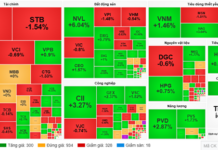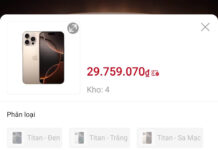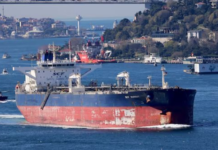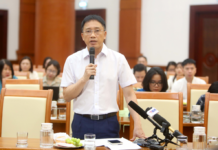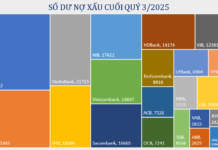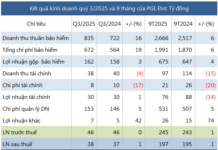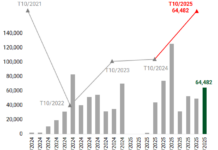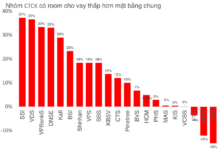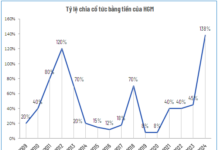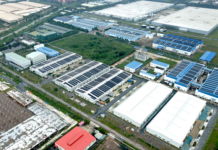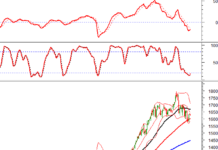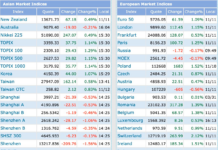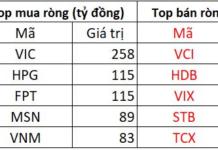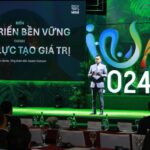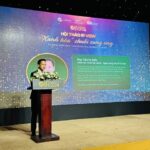The European Green Deal: A Long-Term Strategy for a Sustainable Future
The European Green Deal (EGD) is an ambitious initiative by the European Union (EU) to address the global climate emergency by 2050. Adopted on January 15, 2020, the EGD outlines a strategy for the EU to become a leader in sustainable economic development, with a focus on achieving net-zero greenhouse gas emissions and minimizing natural resource consumption.
GREEN TRANSITION: A NECESSITY
Vietnam’s textile industry faces intense competition in the EU market from countries like China, Bangladesh, Turkey, and fellow ASEAN members such as Myanmar, Cambodia, Laos, and Indonesia. These competitors are constantly enhancing their capabilities, and many are embracing sustainable production models to align with the stringent requirements of the European Green Deal. To maintain its edge, Vietnam’s textile sector must swiftly embrace a green transition.
Between September 25 and 28, 2024, four specialized textile exhibitions were held in Ho Chi Minh City, showcasing the latest technological advancements. These exhibitions aimed to help Vietnamese textile businesses access modern technologies and, in turn, meet the EU’s rigorous ESG (environmental, social, and governance) standards. Mr. Than Duc Viet, General Director of May 10 Corporation, highlighted that EU markets are demanding longer-lasting, recyclable, and reusable textile products to reduce resource consumption, greenhouse gas emissions, and the use of water and toxic chemicals.
In a recent message to shareholders, Mr. Nguyen Van Thoi, Chairman of the Board of Directors of TNG Investment and Trade Joint Stock Company, emphasized that embracing green trade is inevitable. He asserted that taking the first steps toward carbon reduction today will lay the foundation for sustainable development tomorrow. Mr. Thoi added, “As more significant markets introduce mandatory environmental regulations, eco-design requirements, and standards for recyclable products and textile waste treatment, the transition to green practices is imperative, despite the high investment costs. TNG will boldly take the lead to maintain its position in the export market.”
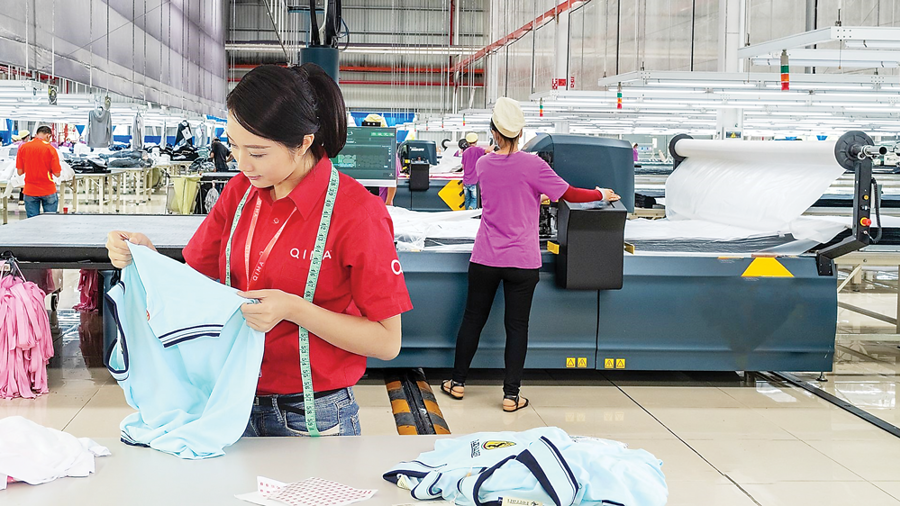
Located in Thai Binh, Viet Thai Export Garment Joint Stock Company specializes in exports to European and American markets. Mr. Dang Viet Long, Deputy General Director, shared that the company has approximately 2,500 employees, including 2,000 direct production workers. To reduce carbon emissions, Viet Thai has transitioned from coal-fired boilers to electric ones and is currently installing a solar power system, expected to be operational soon. Additionally, the company has implemented detailed management software to oversee input and output data for improved efficiency.
In Thanh Hoa, DehanGlobal Company exports about 60% of its textile products to the US market. To meet the stringent requirements of its partners, the company has invested significantly in technology and obtained various factory evaluation and product safety certificates. Mr. Nguyen Van Do, Chairman of the Members’ Council of DehanGlobal, emphasized, “To comply with international standards, we must invest in larger factories, temperature control systems, solar energy, and other supporting equipment. While this requires a substantial investment, it also drives us to enhance productivity and create a better working environment for our employees.”
At a recent seminar on “AI Application and Smart Manufacturing in the Garment Industry,” Mr. Pham Van Viet, Chairman of Viet Thang Jean Co., Ltd., and Vice Chairman of the Ho Chi Minh City Textile, Embroidery, Knitting, and Sewing Association, highlighted the imperative for export-oriented businesses to integrate technology, science, and techniques into their production processes. He added, “Enterprises must vigorously apply technology to all stages, from producing fiber and yarn to designing, sewing, and building brands comprehensively. However, this transformation demands substantial financial resources and skilled human capital, which are significant challenges for most businesses today.”
According to statistics from the General Department of Vietnam Customs, the export turnover of textile products to the EU market in the first eight months of 2024 reached over $2.78 billion, a 7.49% increase compared to the same period in 2023. With the third-largest export scale globally and over two million employees, Vietnam’s textile industry is significantly influenced by international market trends and directions.
This article was published in the Vietnam Economic Magazine, Issue 41-2024, released on October 7, 2024. To read the full article, please visit: https://postenp.phaha.vn/chi-tiet-toa-soan/tap-chi-kinh-te-viet-nam
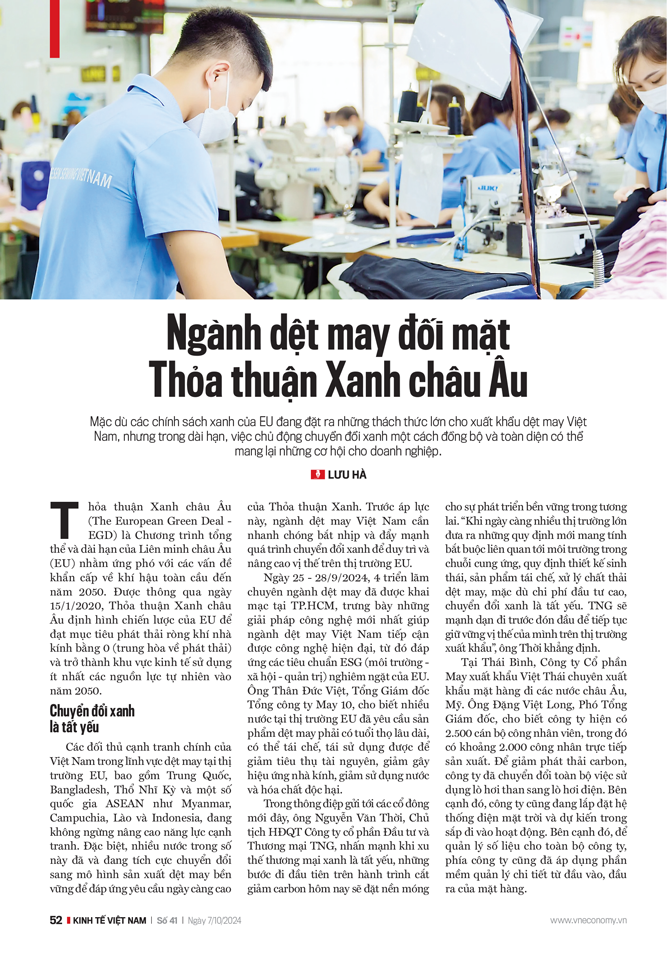
Business Confidence Index of European Businesses in Vietnam Surges
The Business Confidence Index (BCI) for Q3 rose to 52, up from 45.1 in the same quarter last year, marking a strong rebound amidst a tumultuous year fraught with external factors.
The Green Age of IR: A “Greening” Strategy for Vietnamese Enterprises to Attract Capital
At the IR View seminar on ‘greening’, held as part of the IR Awards 2024 ceremony on the morning of September 24, leaders from VietinBank, PAN Group, Vinamilk, and ACB revealed their secrets to attracting international capital. They shared insights on effective Investor Relations (IR) practices and their strategies for sustainable development in the new era of a green economy.

